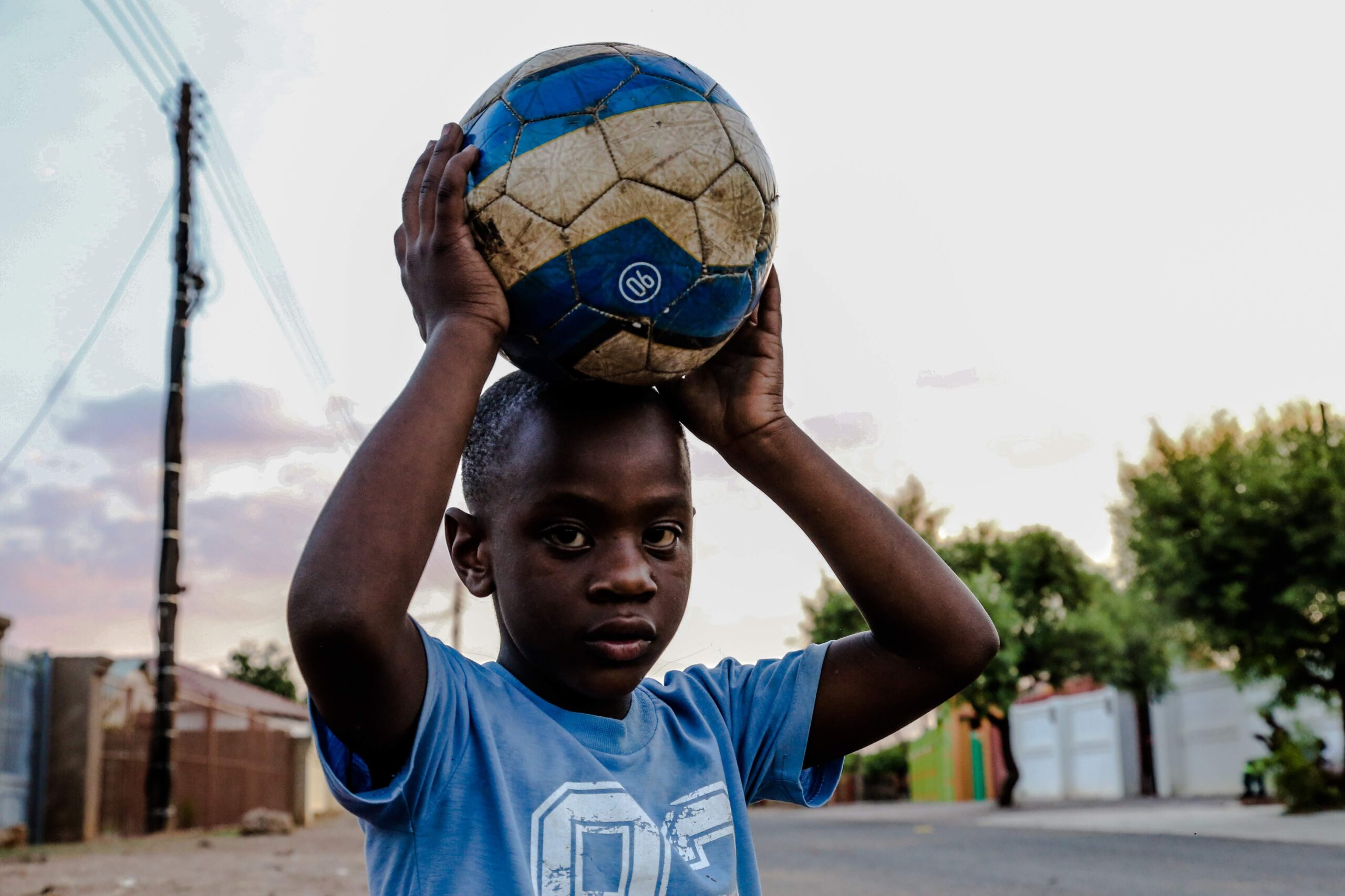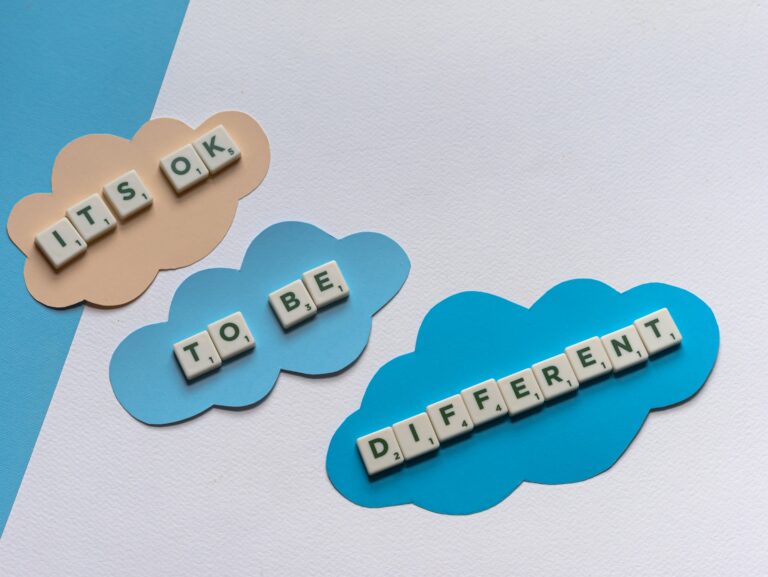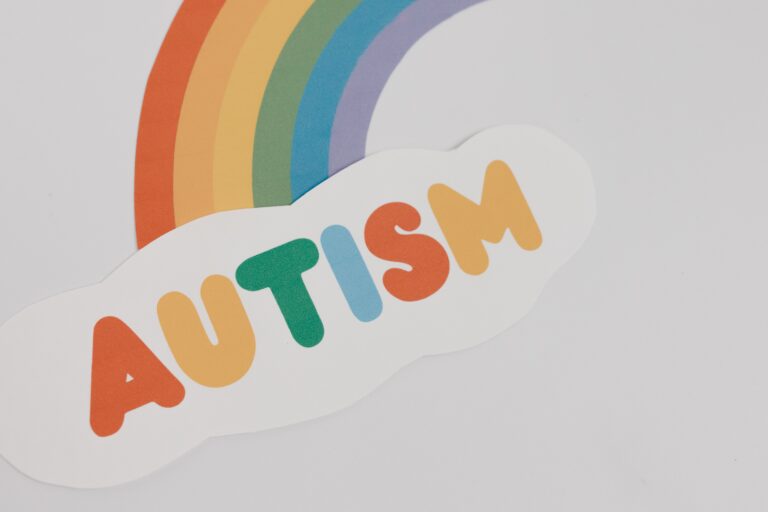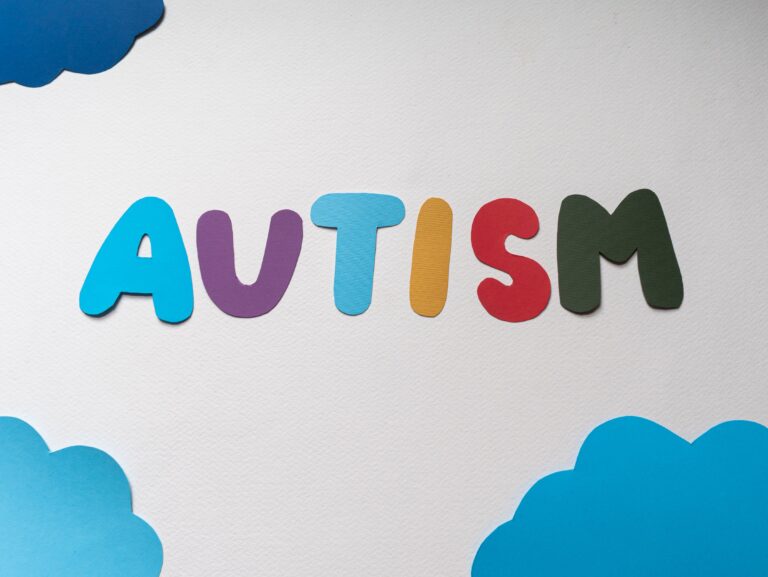Inclusive Education: Empowering Children with Disabilities in African Schools
In many parts of Africa, ensuring inclusive education for children with disabilities remains a challenge. However, there is a growing recognition of the importance of creating inclusive learning environments that cater to the diverse needs of all students. Here, we explore effective strategies that schools in Africa can adopt to support and empower children with disabilities.
Understanding the Landscape
Challenges Faced by Children with Disabilities
Children with disabilities in Africa often encounter barriers to accessing education due to limited resources, inadequate infrastructure, societal stigmas, and a lack of trained educators and specialized support services.
The Importance of Inclusive Education
Inclusive education goes beyond physical access; it aims to create an environment where every child feels welcomed, valued, and able to participate fully in learning activities.
Strategies for Effective Inclusion
Teacher Training and Professional Development
Providing educators with specialized training in inclusive teaching methodologies, understanding diverse disabilities, and adapting teaching strategies to cater to individual needs is crucial.
Accessible Infrastructure and Resources
Ensuring schools have accessible infrastructure, such as ramps, modified classrooms, and accessible educational materials, is essential for accommodating children with disabilities.
Individualized Support Plans
Developing Individualized Education Plans (IEPs) that outline specific goals, accommodations, and support mechanisms tailored to each child’s needs fosters personalized learning.
Collaborative Approach and Involvement of Stakeholders
Engaging parents, caregivers, communities, and disability advocacy groups in the educational process fosters a collaborative approach that supports the holistic development of children with disabilities.
Peer Support and Inclusive Practices
Promoting interactions between children with disabilities and their peers fosters understanding, empathy, and a sense of belonging. Implementing peer mentoring programs encourages cooperation and support among students.
Assistive Technologies and Adaptive Aids
Utilizing assistive technologies, such as communication devices, braille materials, and sensory aids, enhances learning experiences and supports the participation of children with disabilities.
Overcoming Challenges and Building Support Networks
Addressing Stigma and Cultural Beliefs
Challenging societal stigmas and misconceptions surrounding disabilities through awareness campaigns, cultural sensitivity training, and community engagement is vital for acceptance and inclusion.
Advocating for Policy Changes and Funding
Advocacy for policy reforms that prioritize inclusive education, allocate resources, and provide funding for special education programs supports the implementation of inclusive practices in schools.
Partnering with NGOs and Support Organizations
Collaborating with non-governmental organizations (NGOs) and support groups that specialize in disabilities provides schools with resources, expertise, and guidance in implementing inclusive education initiatives.
Building Capacity and Community Engagement
Training local community members, volunteers, and parents in understanding disabilities and inclusive practices strengthens support networks and encourages community involvement.
Success Stories and Best Practices
Showcasing Successes in Inclusive Education
Highlighting success stories of schools implementing effective inclusive education practices serves as inspiration and motivation for other institutions to follow suit.
Recognizing and Celebrating Achievements
Celebrating achievements and milestones of children with disabilities not only boosts their confidence but also fosters a positive attitude toward inclusive education.
The Way Forward: Creating Inclusive Learning Environments
Collaboration and Continuous Improvement
Encouraging ongoing collaboration among educators, stakeholders, and communities ensures continuous improvement in inclusive practices and support for children with disabilities.
Advocating for Systemic Changes
Advocating at a national and regional level for policy changes that prioritize inclusive education as a fundamental right for all children fosters systemic changes.
Embracing Diversity and Inclusivity
Fostering a culture within schools that values diversity, promotes inclusivity, and respects the unique strengths and contributions of every child supports the creation of equitable learning environments.
Conclusion: Empowering Every Child’s Potential
Creating inclusive learning environments in African schools requires concerted efforts, collaboration, and a commitment to equity. By implementing effective strategies that cater to the diverse needs of children with disabilities, schools can empower every child to reach their full potential. Through inclusive education, we pave the way for a more equitable and compassionate society, where every child, regardless of their abilities, is given the opportunity to learn, grow, and thrive.







